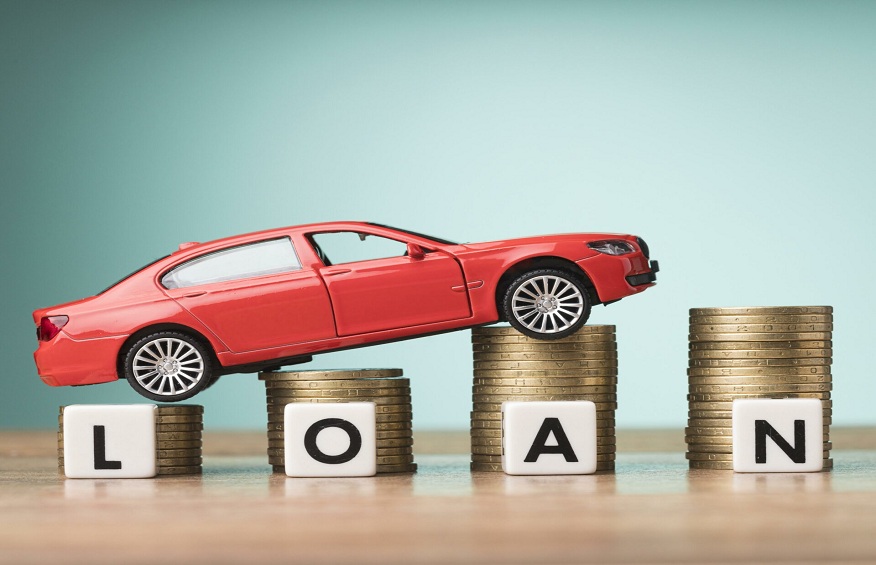751 Views
In today’s fast-paced world, owning a car is no longer a luxury but a necessity for many individuals. However, the hefty price tag associated with purchasing a brand-new vehicle often poses a significant financial barrier. This is where used car loans come into play, offering a viable solution for those seeking to acquire a vehicle without breaking the bank. In this essay, we will delve into the intricacies of used car loans, exploring their benefits, considerations, and the process involved.
Benefits of Used Car Loan
- Affordability: Used cars are affordable and typically come with a lower price tag compared to their brand-new counterparts, making them accessible to a wider range of consumers.
- Depreciation: Unlike new cars that experience rapid depreciation in their initial years, used cars have already undergone a significant portion of depreciation. This means that borrowers are less likely to experience a steep decline in the value of their vehicle, providing a sense of financial security.
- Flexible Financing Options: Lenders often provide flexible financing options for used car loans, allowing borrowers to tailor the terms of the loan to suit their specific financial circumstances. Whether it’s the loan duration, down payment amount, or interest rates, borrowers can negotiate terms that align with their budgetary constraints.
Considerations for Used Car Loan
- Thorough Inspection: Before committing to a used car loan, it’s imperative to conduct a thorough inspection of the vehicle. This includes checking for any signs of wear and tear, mechanical issues, and ensuring that all necessary maintenance tasks have been performed.
- Vehicle History Check: Obtaining a comprehensive vehicle history report is crucial to uncovering any past accidents, title issues, or odometer discrepancies. This step helps mitigate the risk of purchasing a car with hidden problems that could potentially lead to costly repairs down the line.
- Budgetary Analysis: Before signing on the dotted line, borrowers must conduct a realistic assessment of their financial situation. This involves evaluating monthly income, expenses, and determining the affordability of the loan payments within their budgetary constraints.
Used Car Loan Process
- Researching Lenders: With a plethora of lenders offering used car loans, conducting thorough research is essential to identify reputable institutions that offer competitive interest rates and favourable terms. Comparing loan offers from multiple lenders can help borrowers secure the most advantageous deal.
- Loan Application: Once a suitable lender has been identified, the next step is to complete the loan application process. This typically involves providing personal and financial information, such as proof of income, employment details, and credit history.
- Loan Approval and Disbursement: Upon submission of the loan application, lenders will evaluate the borrower’s creditworthiness and financial stability to determine loan approval. Upon approval, the loan amount will be disbursed, allowing the borrower to proceed with the purchase of the chosen vehicle.
Conclusion
By leveraging the affordability, flexibility, and financing options, used car loans offer a practical and cost-effective solution for any individual seeking to purchase a vehicle without the burden of costs associated with brand-new cars.

